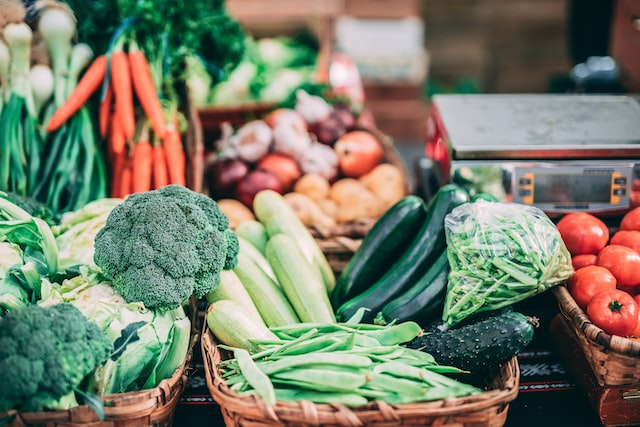Almost a third of Romanians (31%) are eating meat daily, while four in ten (39%) are turning to plant-based alternatives, according to the findings of a recent study published on Monday.
According to the Danone Romania research, 42% of respondents say they include meat in their diet 2-4 times a week. At the same time, interest in plant-based food has increased significantly over the past year, to 39% of the total population, from 30% in 2023.
„The growing interest in plant-based products is not limited to taste preferences or specific food restrictions, as 33% appreciate their taste, and 30% are motivated by the impact on the environment. Young people, especially those between 25 and 34 years old, are distinguished by adopting this shift towards more responsible and conscious consumption. The flexitarian diet, which promotes a varied consumption of foods without completely eliminating meat from the diet, is becoming increasingly popular in Romania. This flexible diet allows the inclusion of meat or fish, along with a wide variety of fruits, vegetables and plant-based products, providing a balanced alternative for those who want diversity in diet without sacrificing taste,” according to the research.
According to the samestudy, 30% of Romanians choose to follow various dietary principles, including flexitarianism, reflecting an evolution in food preferences and awareness.
„Undoubtedly, diet has a fundamental impact on our physical and mental health. The flexitarian diet can be part of a healthy lifestyle. It is a flexible diet that does not have many restrictions, is balanced, human-friendly and also eco-friendly. Such diet can generate various benefits: maintaining or even losing weight, optimal blood pressure values by reducing sodium intake, reducing the risk of cardiovascular disease, stabilising glycaemic levels and implicitly lowering the risk of type two diabetes, slowing cognitive decline. But let’s not forget that it is not enough to eat healthier, as it also takes exercise, proper hydration and positive thinking,” according to professor Gabriela Radulian.
The Danone research, in its third edition, was conducted March 16-22, 2024, by NMS Hungary Kft., on a sample of 500 people each from Romania, Hungary and Bulgaria.
Danone acquired the Bucharest-based Miorita dairy factory 1996, and has so far invested approximately EUR 90 million in its upgrade and refurbishment. Currently, one million yoghurts are distributed to Romanian consumers and also to 13 other European markets. Danone Romania processes annually over 60,000 tonnes of milk, of which a large share is represented by Romanian milk.
In 2023, the company collected fresh milk from 23 large farms and more than 220 households.
AGERPRES




